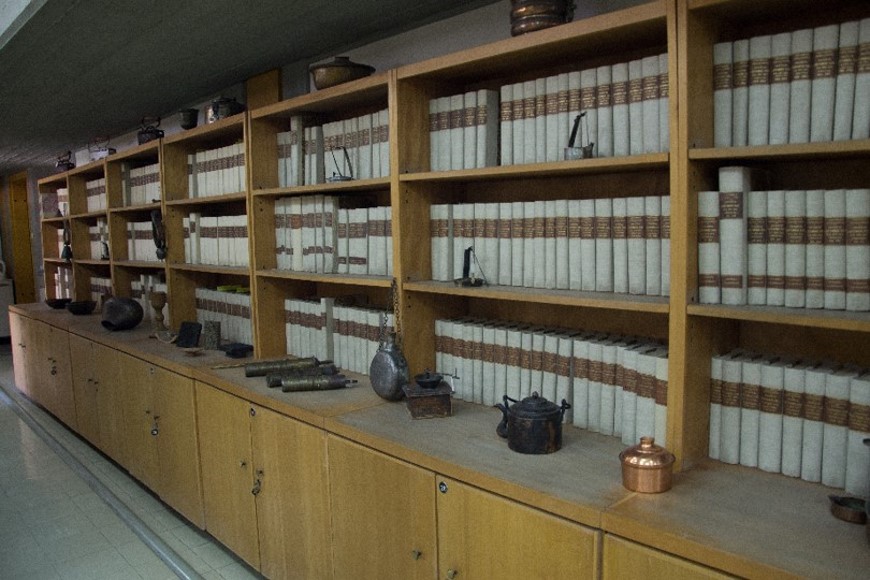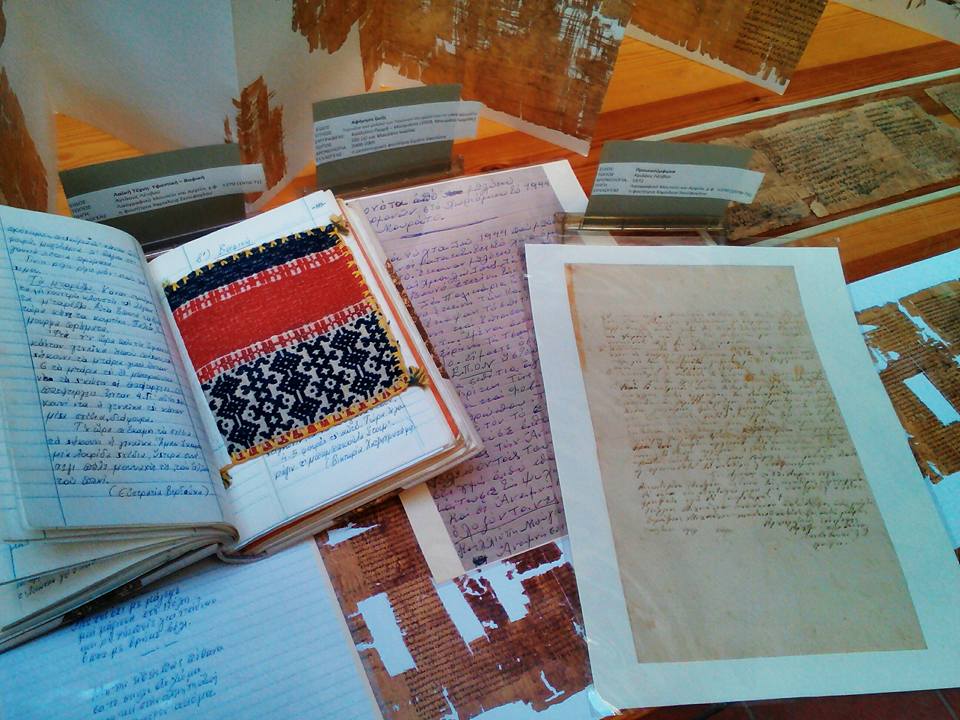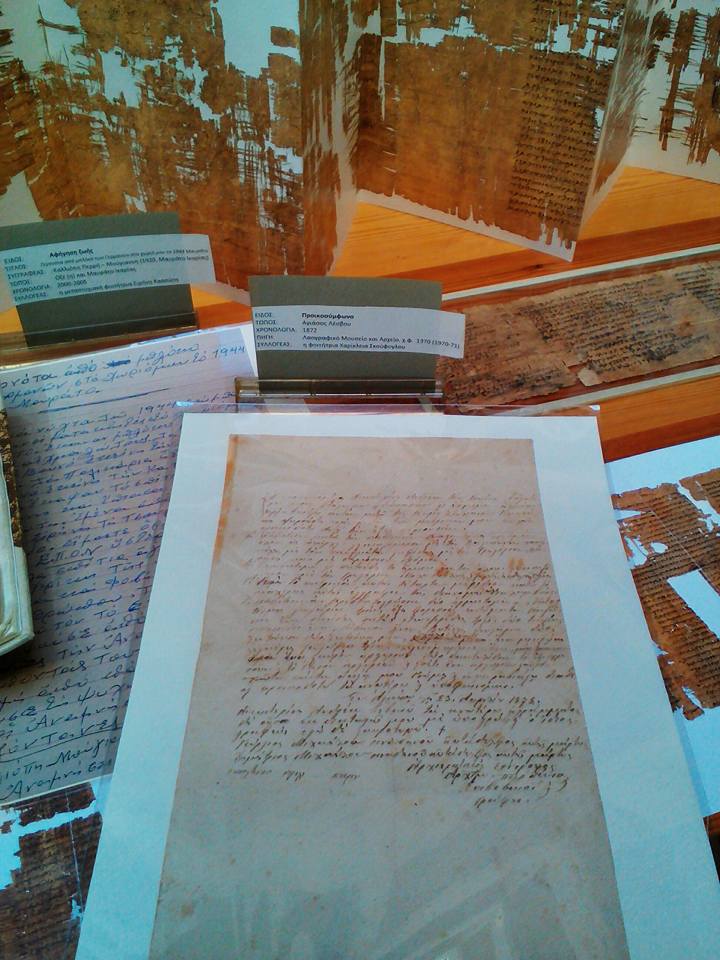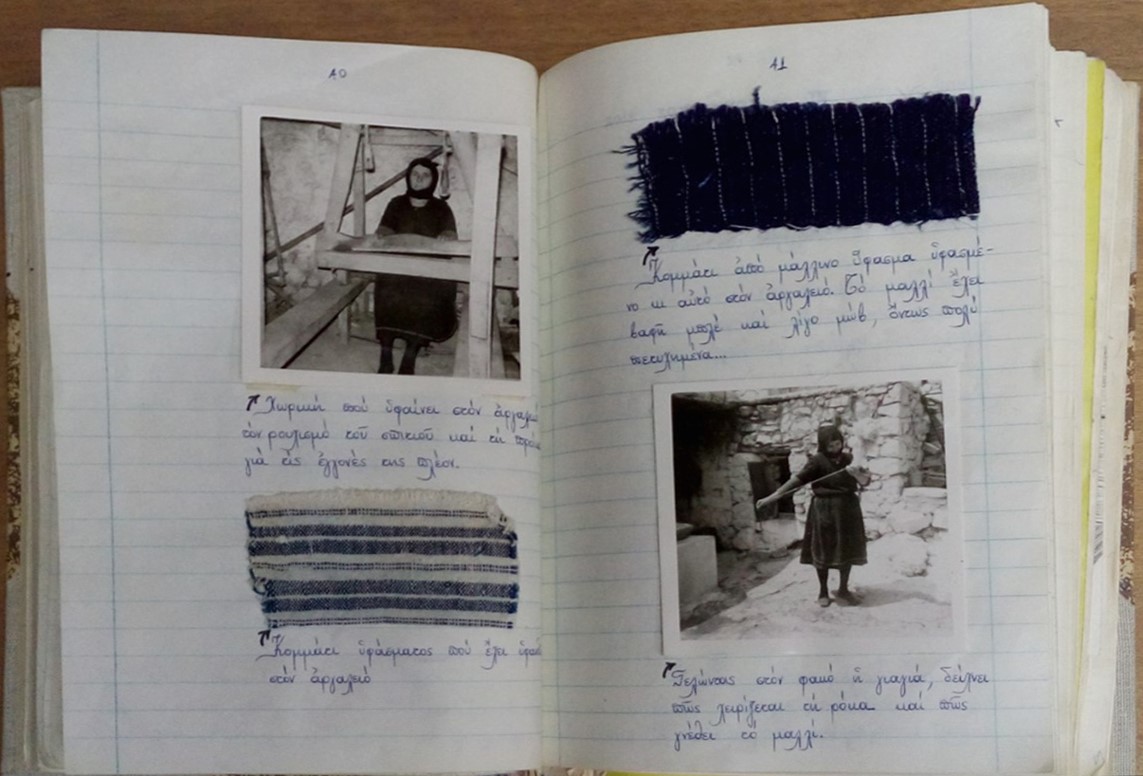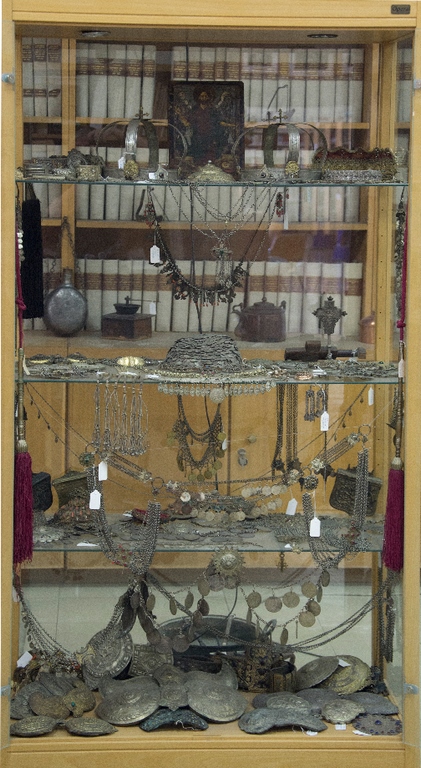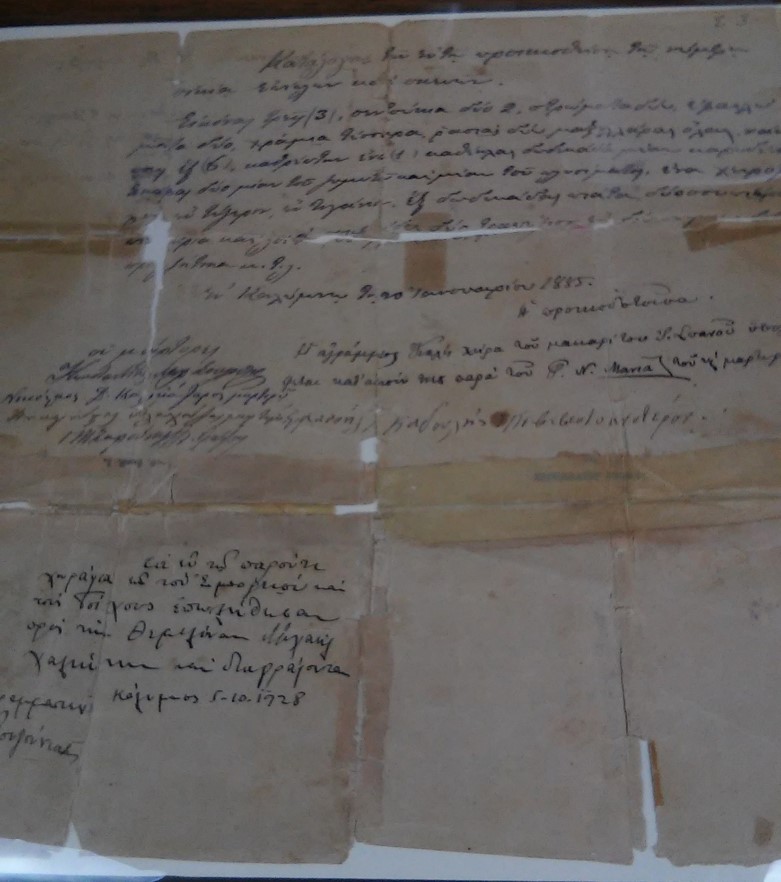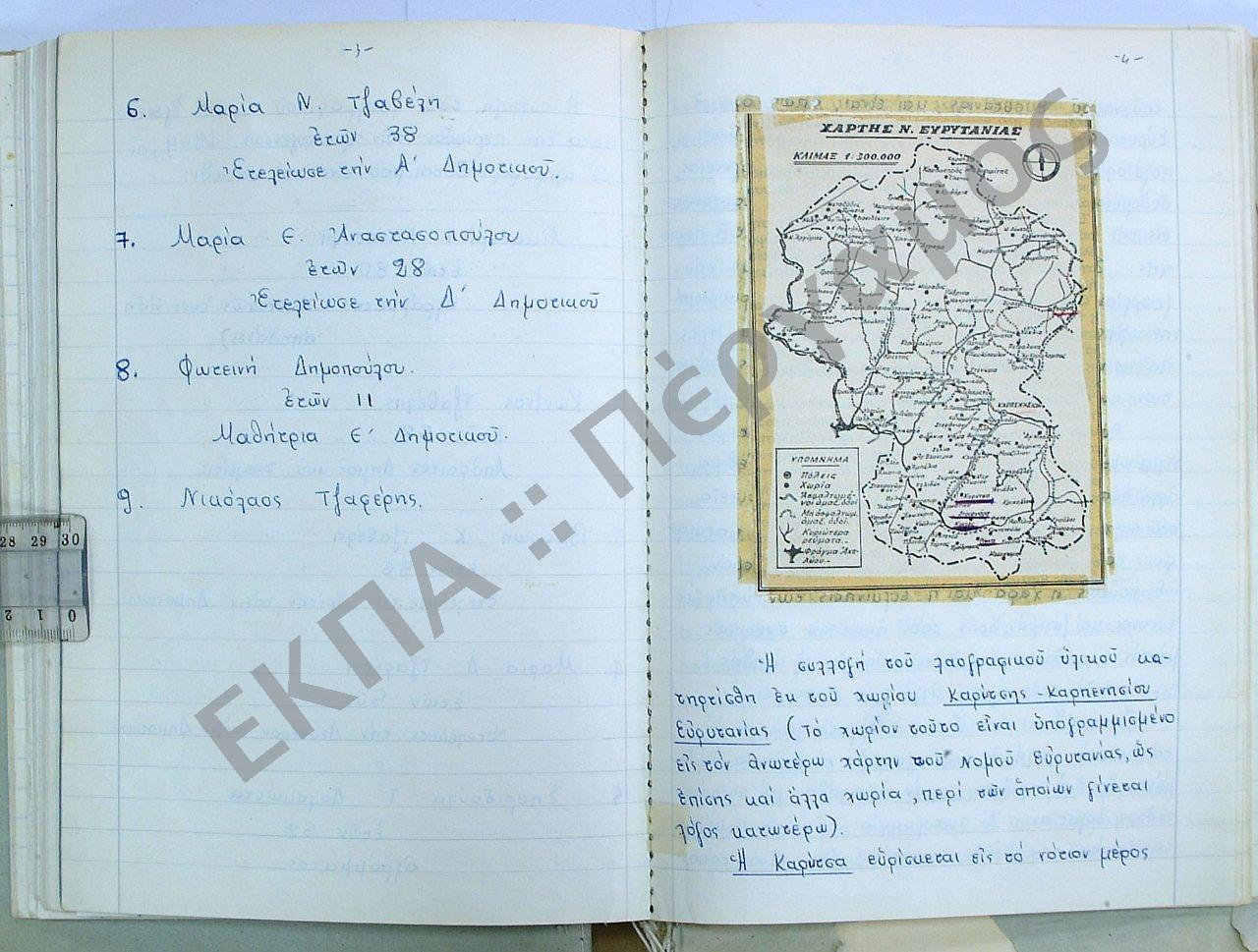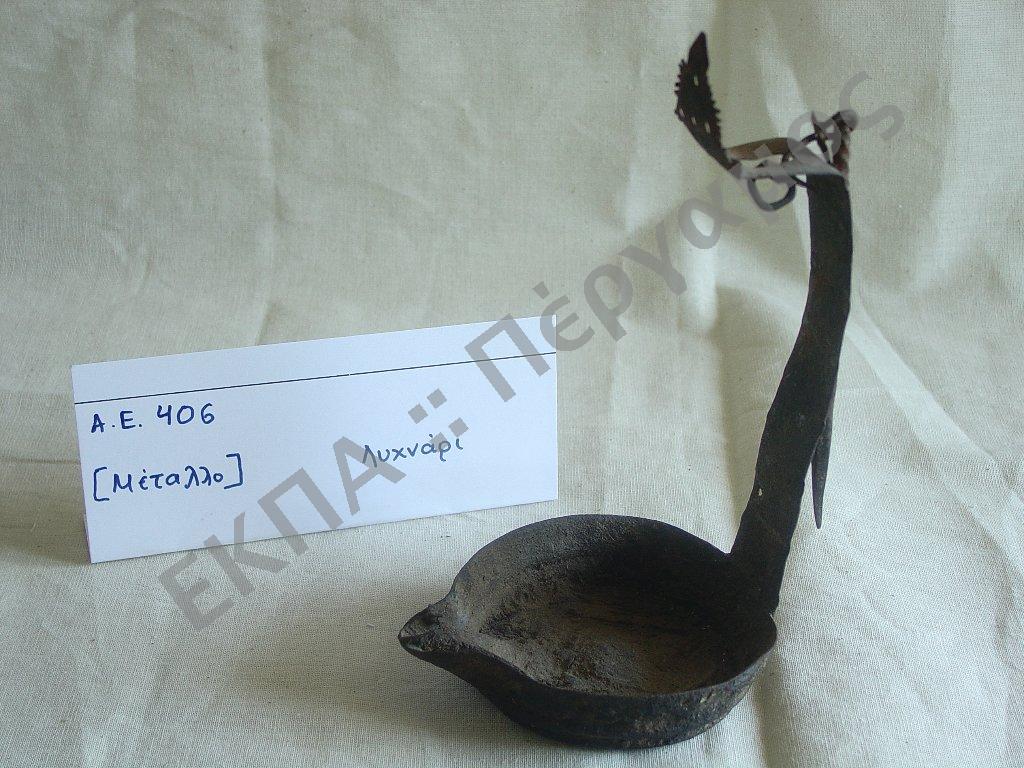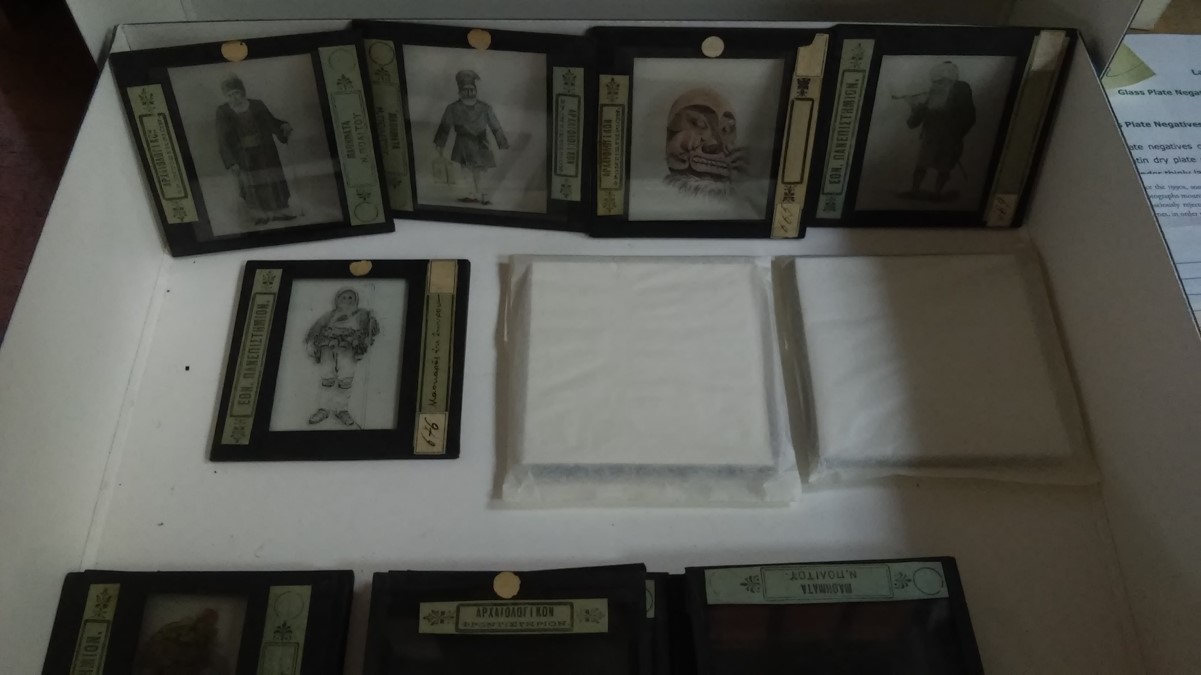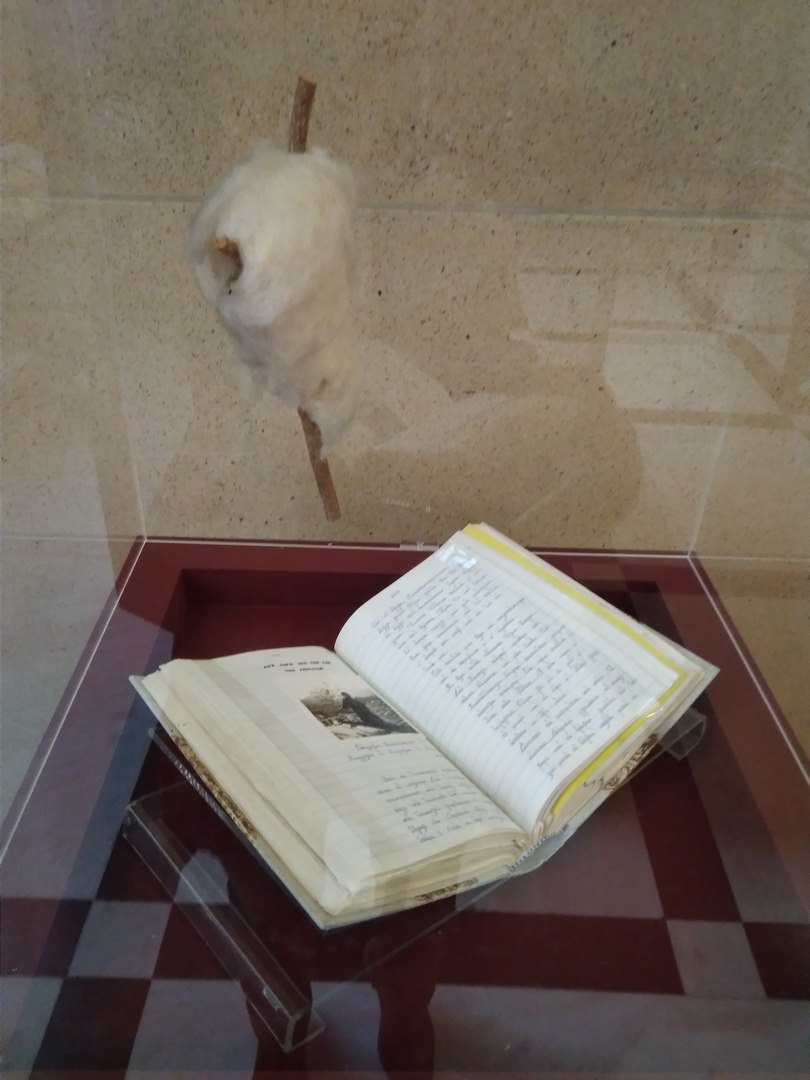Identity
The Folklore Museum and Archive aims to: • meet the teaching and research needs of the students of the University of Athens on issues that fall within the scope of the scientific field of Folklore. • promote scientific research through a Laboratory for the Study of Popular Culture that will utilize the material of its collections. • collaborate with primary and secondary schools through guided students’ visits to its premises. • develop easily understood and documented programs based on the rich archives and objects of popular culture held in its collections, to aid primary and secondary education teachers in teaching about Folk Art. • collaborate with Research Centers and Academic Institutions in Greece and abroad on relevant scientific objectives. • organize scientific lectures, workshops, seminars, conferences, exhibitions, and other scientific events. • conduct publications in printed and digital form. • improve the use of its primary archival and museological material in collaboration with other scientific and social institutions and familiarize the community with the material enabling physical and online visits. • constantly pursue the study of society and culture in Greece and the Greek diaspora, in the past and the present, and the promotion of contemporary popular cultural events through modern approaches in research and communication. • enhance its collections through fieldwork, donations, exchanges, etc.
History
The Folklore Museum and Archive of the National and Kapodistrian University of Athens was founded in 2017 and is housed in the former Folklore School – "Spoudastirion" (Philosophy School building, 7th floor, entrance 734). The collection of the material began in 1965 by then Professor of the Chair of Folklore George K. Spyridakis. In 1969 Spyridakis submitted an application (164/12.5.69) to the Philosophy School for the establishment of an "Archive and a School of Folklore and Ethnology" and in 1972, the "Folklore School "Spoudastirion" with attached Folklore Collection" was founded and incorporated all the folklore material available to the Folklore Chair until then. Spyridakis' colleague since 1966, who was appointed as assistant, was Maria Miligkou-Markantoni, who was assigned the responsibility to carry through, organize and run the Archive of primary folklore material. Maria Miligkou-Markantoni continued to improve the Archive tirelessly after Spyridakis's retirement and until her retirement in 2007 as Associate Professor of Folklore. Since then, the material has been collected under the supervision of Folklore faculty members of the University of Athens. Student assignments are now submitted in printed and electronic form, accompanied by audiovisual evidence in digital format. Since June 2017, after the establishment of the Library of the Philosophy School where the Folklore School books moved, the Folklore Museum and Archive has been running as a separate university unit. It is an essential research infrastructure for the Department’s Folklore science. At the same time, its archival and museum material is systematically supplemented with the works and the donations of folklife and culture objects by students and other donors. Today, the museum houses around 4,000 unpublished manuscripts with extensive primary folklore material and a museum collection of about 1100 folklore objects (usable or not) of everyday life, which is constantly growing. This material is the product of students' fieldwork at the Philosophy School of the University of Athens, submitted to the Department as papers. Part of the folklore objects collection has been digitized; almost all the manuscripts, around 1500, are already fully available to the general public through the Unified Platform of the "Pergamos" Institutional Repository / Digital Library of the University of Athens, [https://pergamos.lib.uoa.gr/uoa/dl/frontend/browse.html?p.id=col_folklore].
More specifically, the Folklore Museum and Archive collections include • extensive primary folklore material, a product of field research, submitted in manuscripts form • outstanding collection of folklore objects (usable or not) of everyday life • archive of legal practices mainly documents of the 18th-20th century. • microphotography archive • collection of music material • archive of autobiographies and life narratives of folk poets, singers, musicians, performers, and dancers • archive of autobiographies and life narratives of immigrants, refugees, and Greeks of the Diaspora.
Types of audiences
The Folklore Museum and Archive is addressed to the following groups: • the Athens University community (students, teachers, and researchers) that deals with folklore issues for educational and research purposes • the wider Greek and international academic and research community for educational and research practice and collaborations • schools (primary and secondary education), aiming to educate the students on issues of popular culture • associations, communities, foundations, and cultural institutions aiming to benefit from the use of the material and the collaboration with the museum • anyone interested in issues within its scope (popular culture, tangible and intangible cultural heritage, narrative history, etc.)
Collections & Exhibitions
The Folklore Museum and Archive is under redesigning according to a new museological study to improve the exhibition of its archival and museum collections. Its most significant collections are • the Manuscript Archive, with primary folklore material collections• the 19th and 20th centuries jewelry collection • the collection of folklore objects (usable and not) from everyday life and country and rural life • teaching material on glass plates used by the first professors of Folklore of the University of Athens, Nikolaos Politis and Georgios Megas • the collection of traditional costumes of the Eastern Rumelia refugees • the Archive of legal practices, mainly documents from the 18th to the 20th centuries.
Events & Activities
The Folklore Museum and Archive also functions as a laboratory for the educational and research needs of the academic staff and the undergraduate and graduate students, developing activities and events corresponding to these needs. In the context of these events/activities, the following take place • seminar lectures and speeches by visiting speakers (professors and researchers from Greece and abroad, doctorate holders, expert scientists, etc.) on folklore / museology issues, open to the entire university community • sporadic thematic events that include periodic exhibitions, speeches, presentations, etc. • fairy tale narration by contemporary storytellers for Folklore students • schools visits, mainly of secondary education, within the framework of the educational activities of the museum addressed to the broader teaching community • participation of the Folklore Museum and Archive with selected objects from its museum and archival collections in temporary exhibitions of other museums and institutions • the Folklore Museum and Archive participates with objects, texts and guided tours in the periodic events of the "Open Gates" of the NKUA aspiring to inform prospective university students and the community on issues of popular culture.
Accessibility
It is feasible to physically access the venue through the special facilities of the Philosophy School. However, the technical equipment required to fully access the Folklore Museum and Archive by physically challenged people has not been installed yet.
Terms of Operation
Due to its use as a laboratory for undergraduate and graduate students, the Folklore Museum and Archive adapts each semester's opening hours according to the academic calendar and current educational needs. Prior communication is required to arrange an educational or research visit or any other matter related to accessing the institution.
Director: Marianthi Kaplanoglou, Associate Professor of Folklore, Department of Philology.
Decision of Establishment
Government Gazette for the Foundation of the Folklore Museum and archive: Β 1923- 02.06.2017.

